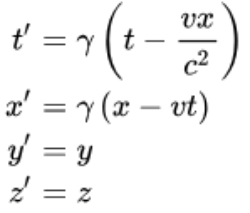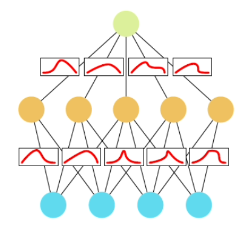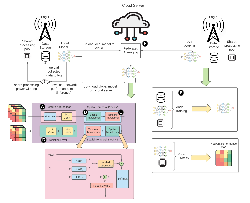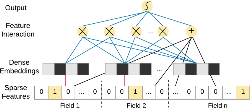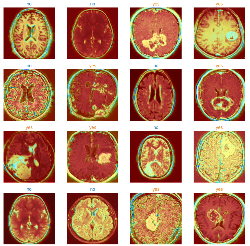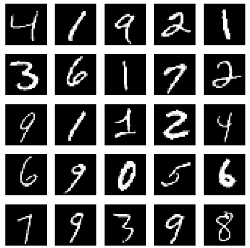
About me
Hi! My name is Amin Ravanbakhsh, and I am a Master's student at the University of Waterloo. As a member of the Data Analytics Lab, I am fortunate to be supervised by Professor Ali Ghodsi.
I am broadly interested in the problem of symbolic regression and how large language models could be used to solve this problem. My research focuses on developing a reasoning-based tool that leverages human guidance to solve symbolic regression.
I am also interested in Cybersecurity, Generative AI, Reinforcement learning and Stochastic Processes.

